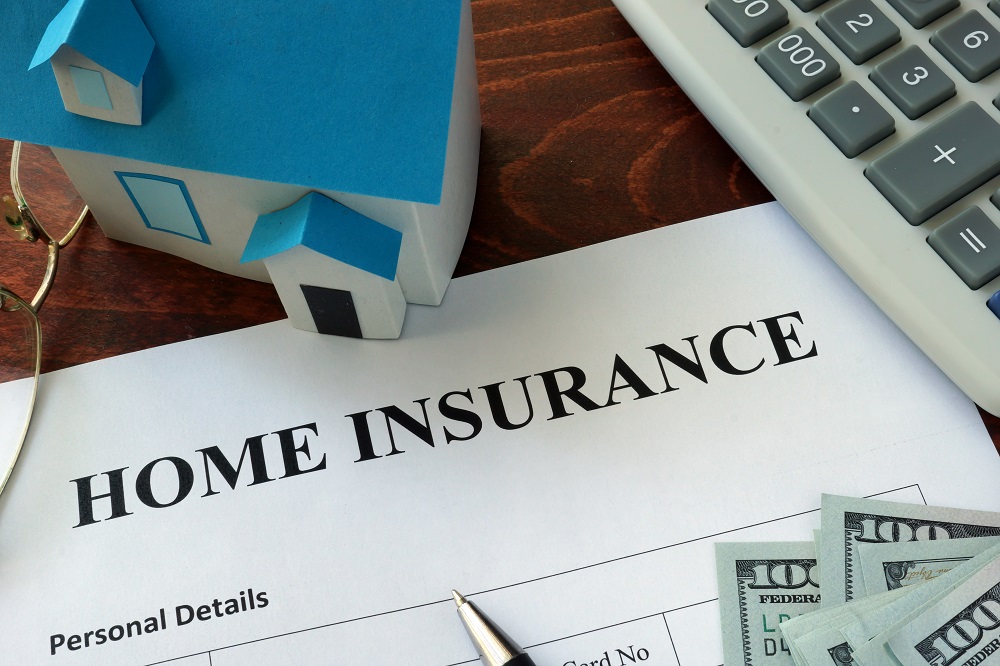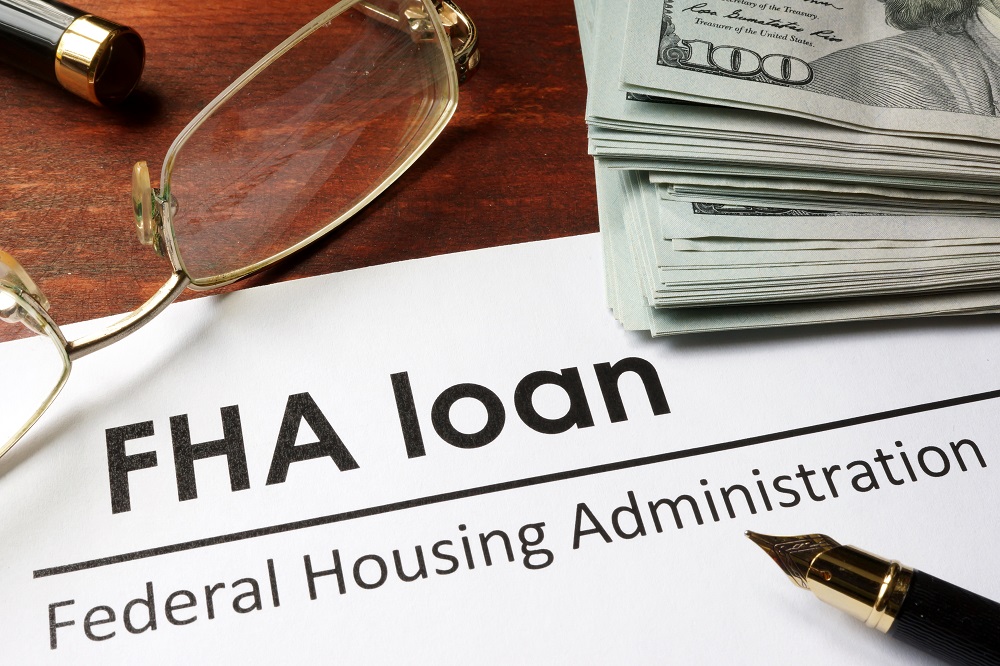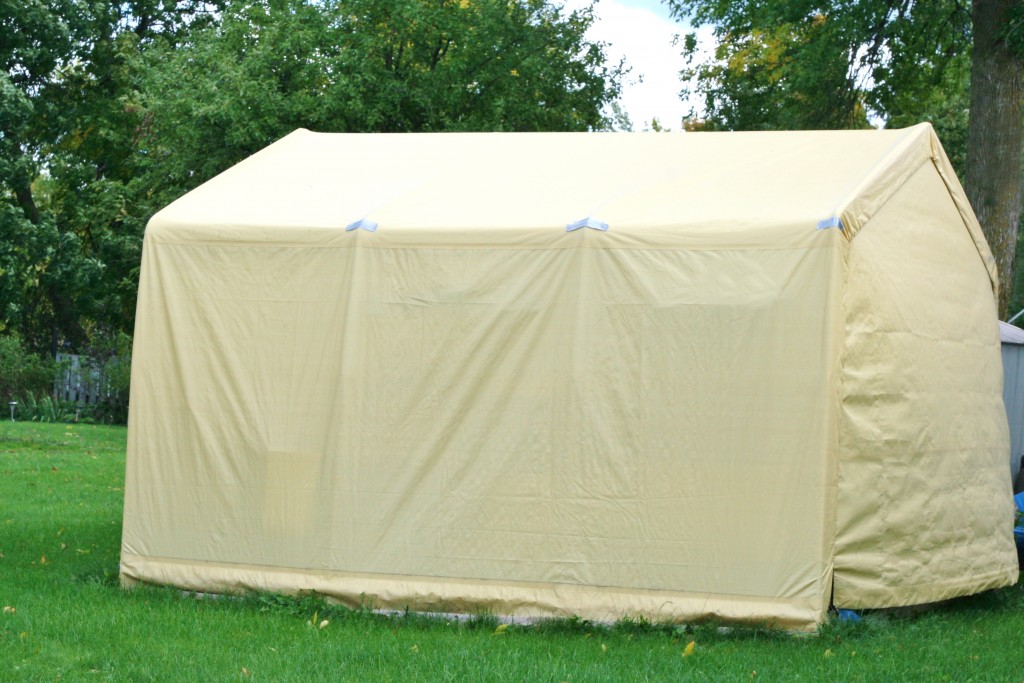When renewing your homeowner’s insurance, the first thing you need to do before anything else is to evaluate what you currently have. Doing so will help make certain that your policy will still provide you with the right amount of coverage and that your premium is just right.
So take some time out of your busy day and get in touch with your insurance agent to get clear information regarding your current policy before you renew it.
The Kind of Coverage You Currently Have
The best kind of coverage is replacement cost as this can cover you up to the limits of your policy, what it might cost currently if you were to restore your possessions and rebuild your home, explains an experienced home insurance agent in Raleigh, NC.
There’s also extended replacement cost coverage, which offers protection up to the limits of your policy and could compensate you for unexpected costs such as increases in construction expenses between renewing your homeowner’s insurance policy.
Another less appealing option is a policy called actual cash value that typically takes depreciation into consideration. With this kind of coverage, that $3,500 mega entertainment system you purchased last year would be worth significantly less today.
Take note that even if you’re protected with replacement cost coverage for your possessions and house, don’t assume that you’re covered for everything. Other structures on your property, like a swimming pool or detached guesthouse, might require separate coverage.
In addition, consider extra coverage for luxury items such as watches and jewelry because there’s usually a cap for reimbursing said items.
 The Amount of Coverage You Should Have
The Amount of Coverage You Should Have
Now that you know which kind of policy you currently have, determine how much you really need in terms of dollars. For instance, let’s say that you bought your abode a couple of years back and covered it for $250,000, but its current value is around $275,000.
Raising your coverage to your home’s exact current value might not be enough because the key to figuring out how much coverage for your home you should have must not depend on its current value, but how much you’d need to pay if you need to rebuild it.
Lowering Your Insurance Premiums
Keep in mind that the most appropriate deductible level for you must cover not only minor incidents but major catastrophes as well. Generally speaking, you should be able to comfortably afford simple losses such as a hole in your wall or broken windowpanes without the need to file an insurance claim.
This means that if you can, you might be wasting cash with a $200 deductible for instance. It’s also important to note that many insurance providers offer discounts if your house is equipped with protective devices such as deadbolts and alarms, if you insure your house and vehicles with the same insurer, and if you go claim-free for a significant time.
Yearly evaluation of your homeowner’s insurance before renewal could result in a more suitable policy. Once you’ve spoken with your insurance agent, you can then decide to change your policy or leave it as it is.





